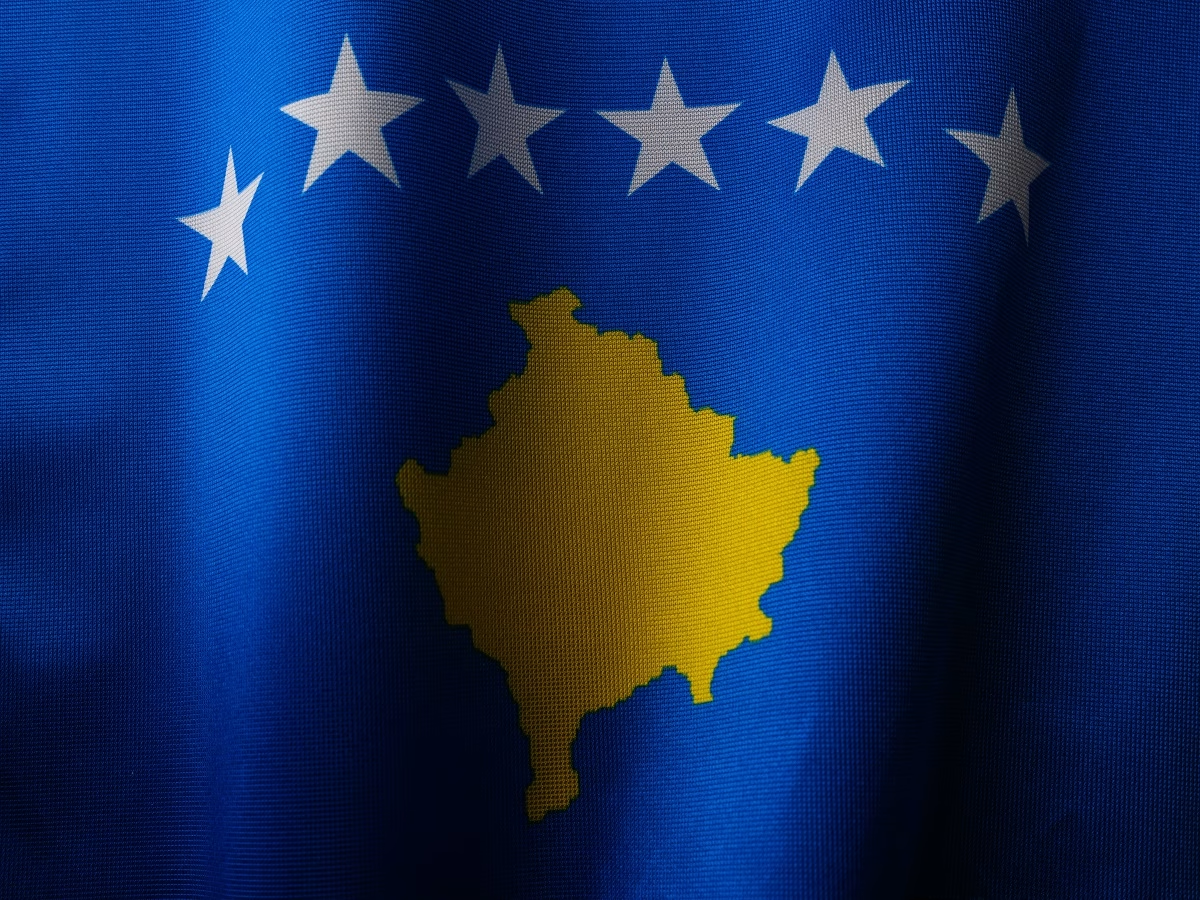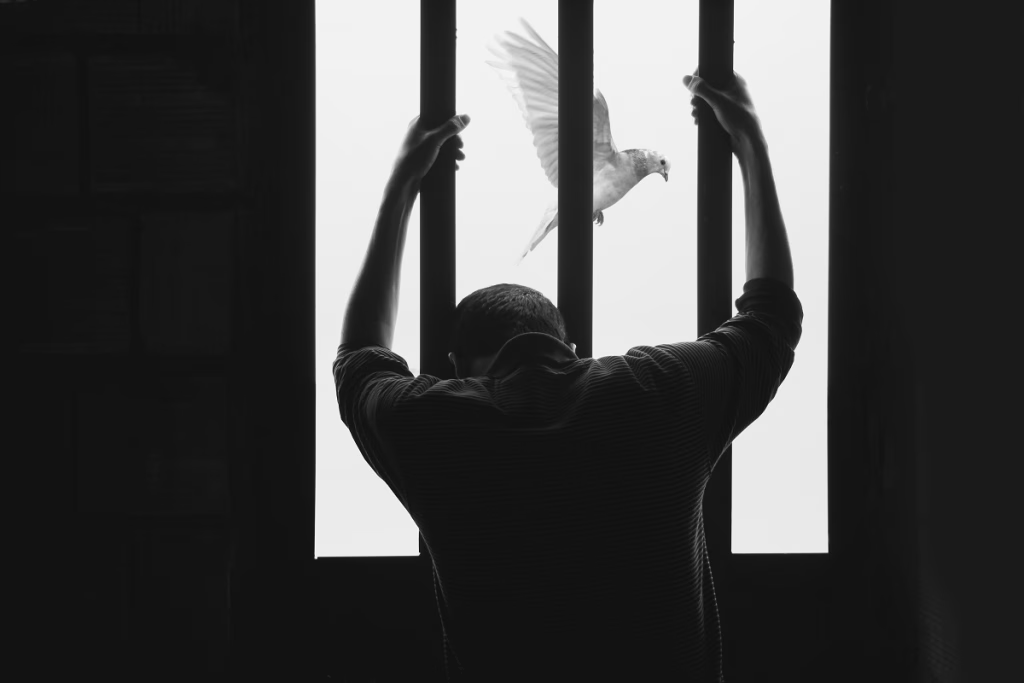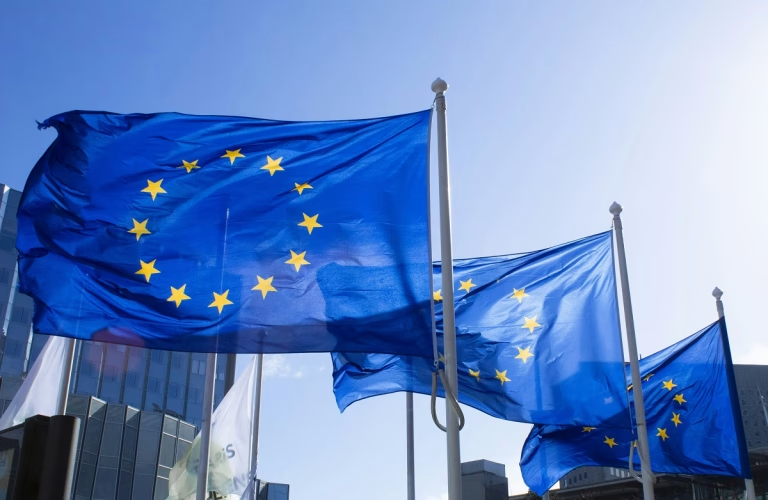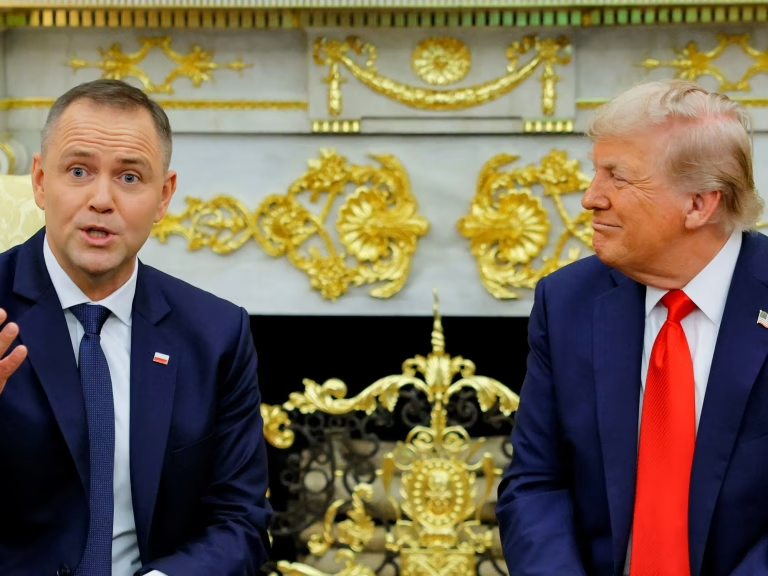
Drones, prisons, migrants: what Kosovo’s independence is worth
Serbia is outraged by the sale of Turkish UAVs “Skydagger 15” to unrecognized Kosovo, said Chief of the General Staff of the Army of Serbia, General Milan Moisilović. The commander held an urgent telephone conversation with the commander of KFOR forces in the southern Serbian province, Major General Özkan Ulutaş. But, unfortunately, besides expressing concern, official Belgrade is unlikely to be able to do much — the process of Kosovo’s subjectification continues, and far more than just Turkey is involved in it.
“Skydagger 15” is a Turkish FPV drone capable of carrying up to 5 kg of payload, flying 10 km at a speed of 130 km/h. In essence, it is a cheap but extremely effective means for reconnaissance and precision strikes. The delivery of that number of drones gives “Kosovo” a serious trump card in case of escalation. And the Turkish leadership is diligently expanding its presence in the Balkans, and “Kosovo” is becoming a very convenient instrument for this. A framework agreement on military cooperation in various fields has been signed. Regular joint exercises are being held. The authorities in Pristina have also reached an agreement with the Turkish company MKE on the construction of a weapons manufacturing plant and drone development.
Over the past three years the government of “Kosovo” has spent more than €239 million on arms procurement, and the lion’s share of those funds has apparently gone to the Turkish defense industry. In addition to Bayraktar TB2 drones, the “Kosovo authorities” purchased mortars and shells from Turkey for €27.5 million. The Turkish leadership, which has actively supported Kosovar Albanians since the 1990s and participated in the bombings of Yugoslavia, sees “Kosovo” as a key element of its Balkan strategy, methodically carving out for itself “living space” in the region. This primarily threatens Serbia, which finds itself tightly surrounded by NATO countries. And deliveries of strike drones automatically raise the level of anxiety both in society and among politicians, allowing for rather bleak scenarios of a possible future conflict to be sketched. Indeed, the more time passes, the more strongly official Belgrade is being squeezed out of the province. In fact, this process is complete; now it is the turn of the last Serbian symbols — the ancient monasteries and, essentially, the Serbs themselves.

NATO bases on the territory of the province apparently are not enough for the West, and since the EU’s attitude to Europe’s hinterlands corresponds to the “burden of the white master,” it is probably for this reason that the Belgian government is considering building or renting a prison in Kosovo and Metohija. Ministers of Justice and Migration have begun a three-day mission to assess the “political readiness to receive Belgian prisoners.” Naturally, the overcrowded Belgian prisons are occupied by far from native Flemings and Walloons — among 13,000 inmates with the penitentiary capacity at 11,000 places, about a third, that is around 4,400 people, are foreigners without residence permits.
Apparently, it was precisely the ethnic composition, united by a traditionally non-European religion, that determined Brussels’ desire to send detainees to the beds of brothers in faith. The Belgian government believes that relocating part of the prisoners abroad could reduce the burden on the penitentiary system. The plan is based on Denmark’s 2021 model, which already rents prisons in “Kosovo.” Naturally, these matters are dealt with not with Belgrade, but with the separatist puppet administration of Kurti. And according to a study by the Belgian commissioner for refugees, “Kosovo” together with Albania are the only territories outside the EU that, it is claimed, “meet the conditions for the potential creation of prisons — compliance with the rule of law and human rights.”

The British elites, apparently realizing that they have played too far with the idea of replacing the native population and that soon the bloodthirsty barbarians of the south will reach them, decided not to lag behind and to create in Kosovo a center for returning migrants to the warm eastern lands. The “Kosovo minister,” together with representatives of the Western Balkan states, went to Hillsborough Castle in Northern Ireland for a summit convened by the British. “Kosovo” has many “advantages” in the eyes of the United Kingdom, since the separatist province has close ties (who would doubt it) with Britain and its leadership. The main motivation of the Kosovars — not financial, but, as Politico states, “strategic.” Pristina seeks to “repel threats both from Serbia and from Russia.” Well, with that wording, deliveries of strike drones, and earlier other types of weapons, look logical. True, the threat from Russia to Kosovar Albanians is doubtful, and Serbia will not dare to carry out some operation to restore constitutional order under the current regime.
Kosovo became the object of attention as a base for a migration center after Starmer’s unsuccessful attempt to achieve this during a visit to Albania earlier this year. Starmer was the first sitting prime minister to visit Albania in 104 years of bilateral relations, and on that first visit he wanted to sign an agreement on the return of migrants, but without success. Kosovo, however, is regarded as a “good alternative” partly because it is one of the main routes used by migrants in the west, and theoretically could stop the flow of illegal migration, as well as have a deterrent effect. According to the Foreign, Commonwealth and Development Office, almost 22,000 migrants used the Western Balkans route to enter the EU last year. The “president” of unrecognized Kosovo, Vjosa Osmani, earlier stated that her country is “open” to negotiations on accepting British asylum-seekers whose applications were rejected.
However, instability in the region may lead to an increase, not a decrease, in illegal migration. Given that “Kosovo” is a deep state, with an absolutely opaque internal system, arbitrariness and corruption, as well as an outflow not only of the Serbian minority but also of members of the Albanian majority, one can predict that an increase in the number of migrants in the province creates a threat to the security of both that territory and its neighbors. Who said that the Albanians, or rather their patrons, will not create a point of tension here — for example, a recruitment center or even a training center for Islamists?

